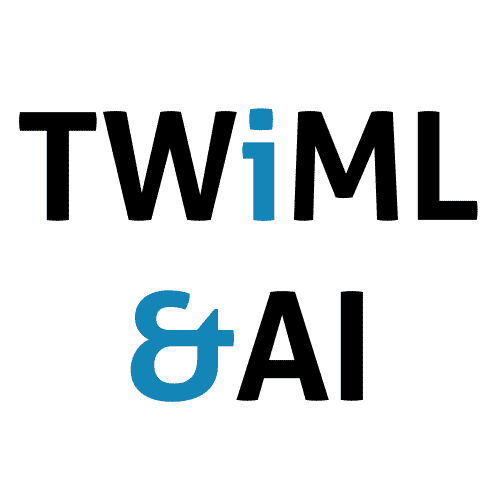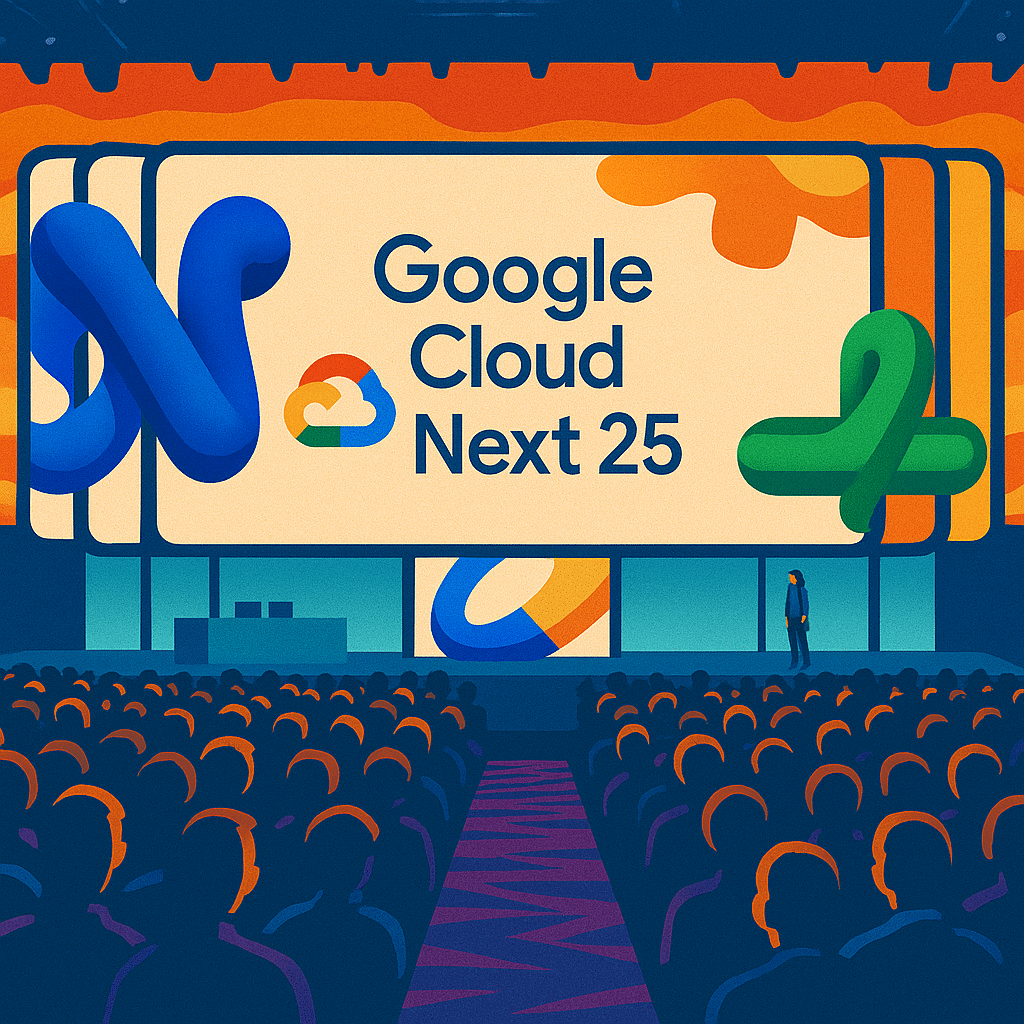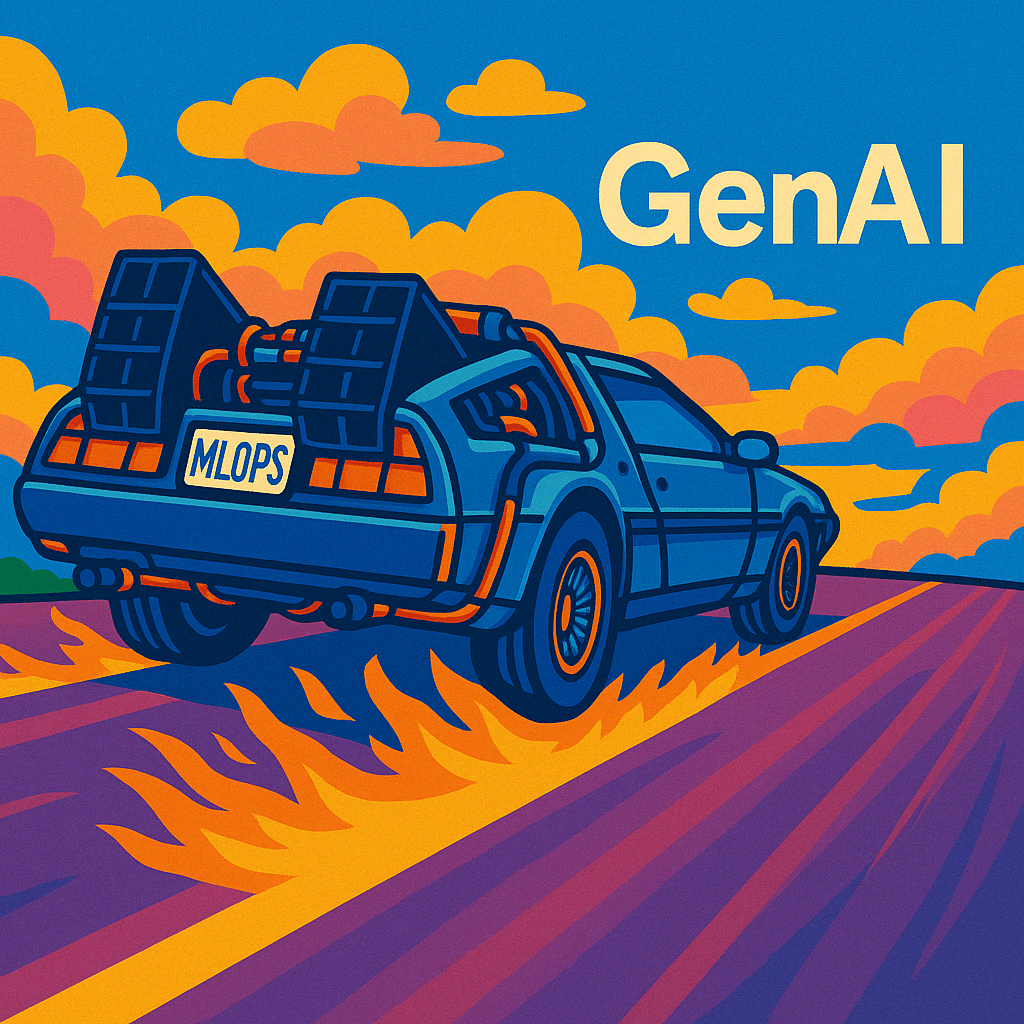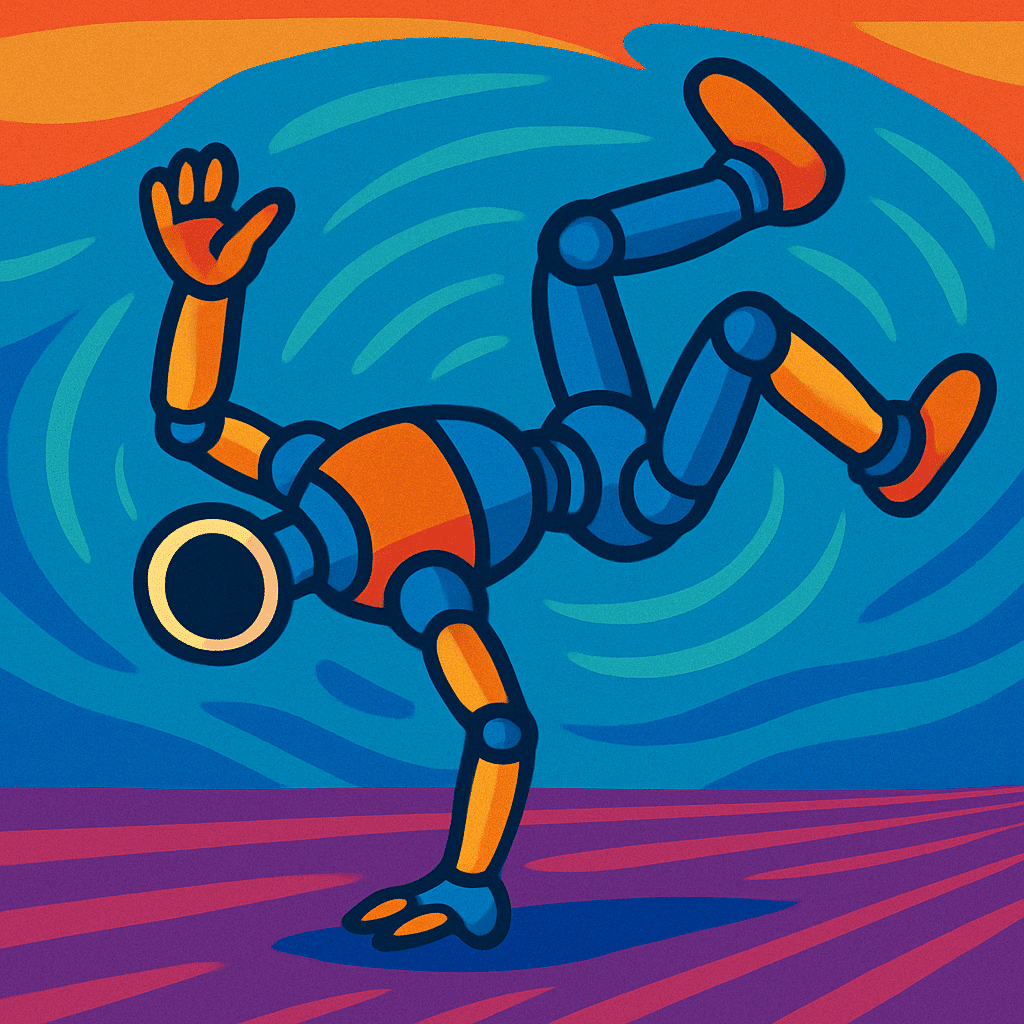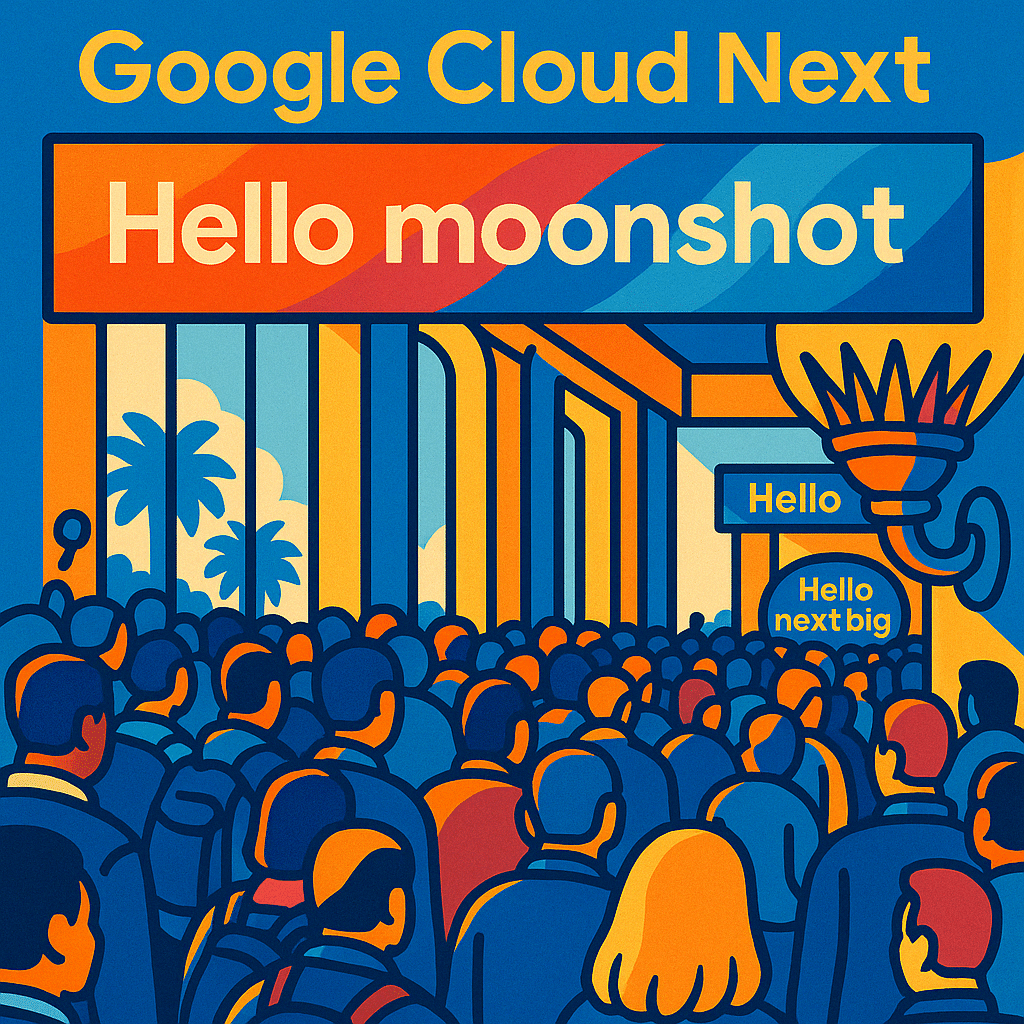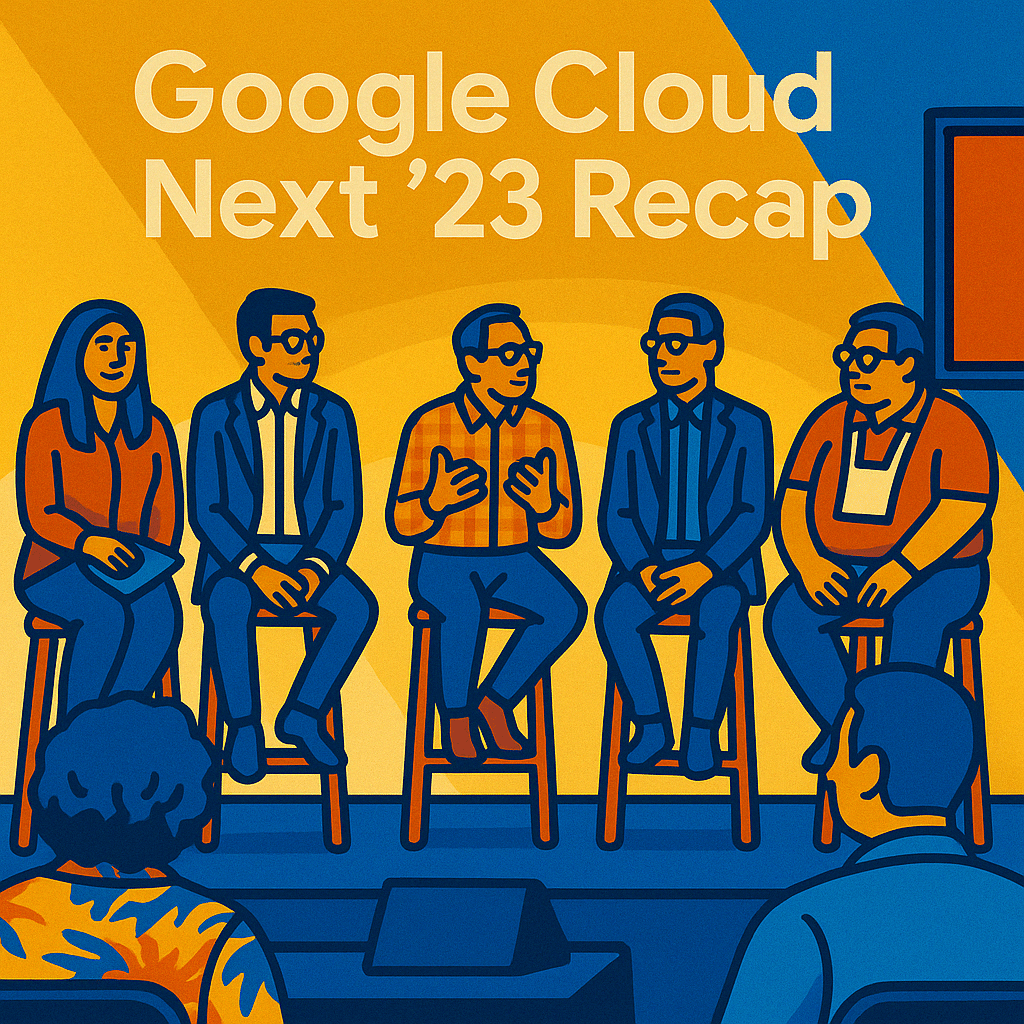Bits and Bytes
Last week I attended the GTC – GPU Technology Conference in San Jose. NVIDIA made quite a few announcements so you’ll see quite a few of those in this week’s news run down.
Microsoft speeds neural net inference with Project Brainwave.
- Microsoft Research’s Project Brainwave uses Intel FPGAs to accelerate deep learning inference. The company reports that the system has been deployed for Bing, the search engine, resulting in 10x reductions in inference latency while accommodating a 10x increase in model size.
Google launches text-to-speech service for developers.
- Cloud Text-to-Speech offers 32 different voices from 12 languages and variants. It includes a selection of voices built using WaveNet, a generative model for raw audio created by DeepMind.
Microsoft reshuffles to bring more AI into products.
- With AI competition heating up industry-wide, Microsoft is looking to position itself as a leader in the AI solutions and developer markets. The company will now be split into “Experiences & Devices,” “Cloud + AI Platform,” and the existing branch of Microsoft Research.
NVIDIA and Arm partner bring deep learning to IoT devices.
- NVIDIA and Arm will integrate the former’s open-source Deep Learning Accelerator architecture into the latter’s Project Trillium processors for machine learning inference.
TensorFlow bumped to version 1.7
- TensorFlow.js released.Version 1.7 of the framework moves Eager Mode, TF’s answer to PyTorch, into core. A GUI debugger is now offered in alpha as well. Support for NVIDIA’s TensorRT library for accelerated inference is included as well, among a bunch of other updates. Separately, the deeplearning.js project joins the TensorFlow family as TensorFlow.js.
NVIDIA boosts deep learning platform.
- The NVIDIA Tesla V100 received at 2x memory boost to 32 GB plus the addition of GPU interconnect that enables up to 16 of the GPUs to communicate simultaneously. They also launched the DGX-2, an impressive machine targeting deep learning, capable of delivering two petaflops of computing power.
YOLO v3 increases accuracy, humor.
- YOLO, short for You Only Look Once, is a popular image object detection system. The new version 3 offers minor improvements in accuracy explained in a very readable and quite funny research paper (PDF).
Dollars and Sense
-
Valohai, machine learning platform-as-a-service startup, raises $1.8 million
-
Arraiy, a computer vision for the movie and TV industry, raises over $10M
-
Scotty Labs, a startup working on remote-controlled driverless cars, raises $6 million with backing from Alphabet, Inc.
-
Verbit, an AI transcription software startup, raises $11 million
